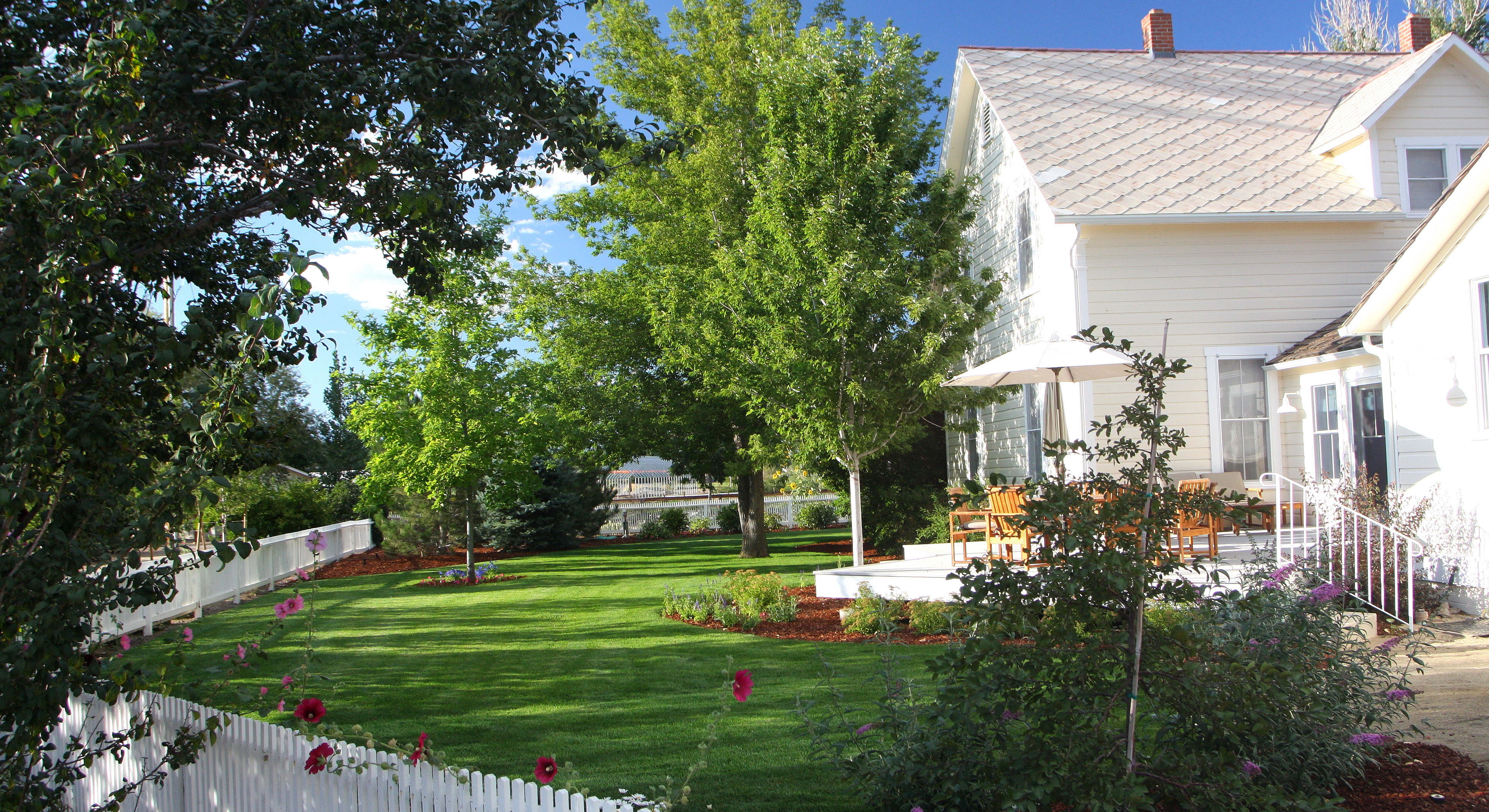In April 2018, the National Park Service (NPS) listed the Wilhelm Lampe Ranch in Gardnerville on the National Register of Historic Places. The NPS also approved a special report on ranching in Douglas County. The report provides a history of ranching in the area, and establishes registration requirements for historic ranches, making it easier for property owners in the area to nominate their eligible agricultural property to the National Register. The National Register is the nation’s official list of places worthy of preservation.
Carson Valley has long been home to people making a living from the land, beginning with the Washoe and Paiute. Euro-American settlement on Washoe lands began in the 1850s alongside both Mormon settlement and travel along the California Trail to the gold fields of the western Sierra. The earliest settlers made their living from trading, mostly selling food and hay to those headed to California. As Nevada experienced its own gold and silver booms by the 1860s, farmers and ranchers supplied mining towns and camps instead. Since that time, amid ebbs and flows in produce markets, extended droughts, and other challenges, agriculture has been an important part of the regional economy in northwest Nevada. Today, dozens of historic ranches dot the Nevada landscape around Douglas County, many of which are still in use.
Among these historic gems was the Wilhelm Lampe Ranch in southeast Gardnerville, a 5-acre remnant of what was once a 300-acre operation. Wilhelm purchased the ranch in 1872, mostly growing alfalfa and raising dairy cattle and sheep, but supporting other crops as well, including wheat and barley. Wilhelm became a prominent leader in the German immigrant community of Carson Valley, becoming the land donor in 1885 for the establishment of the Lutheran Church’s first building, just south of his ranch. Under the operation of Wilhelm’s son, William, in the early 1900s, the ranch grew to more than 300-acres. The ranch also includes unique architectural landmarks, including the latest known construction of a Gothic Revival ranch house in Carson Valley, and an impressive barn that has been previously highlighted on the annual barn tours of the Douglas County Historical Society.
Today, most of the former lands of the Lampe Ranch have been developed for neighborhoods and churches, but the main complex and a small section of farmland remains, although berries have replaced the alfalfa. Jack and Diana Jacobs operate the Jacobs Family Berry Farm at the property.
Here is the Lampe family story, as told by former owner and resident, Diana Jacobs.
140 years ago in Hanover Germany, Wilhelm Lampe and Marie Winkleman fell in love. He was 20 and she was 13. Marie’s brother, Henry had already come to Carson Valley and was working on a dairy farm. Shortly thereafter, Wilhelm also decided to immigrate to our valley and worked for Henry and others until he could afford to bring Marie to join him. It took 9 years of hard labor, but finally, he was able to go back for her. Her father accompanied them to make sure that she would be provided for, and when he was satisfied she was able to stay with Wilhelm.
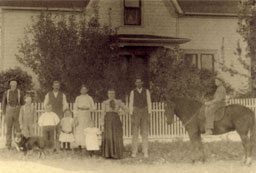
All photos courtesy of Jacobs Family Berry Farm
They married immediately and she became pregnant with their first child. That same year they bought this homesteaded property for $5,000, payable over 5 years in gold coin. The property was 170-acres of fertile land with water rights sufficient to irrigate the entire property. Even though they had left their families in Germany forever, Wilhelm’s sister followed the next year, marrying Carsten Henningson, whose ranch was right across the river. His brother was the town barber.
The Lampe family began to grow rapidly. Eventually, they had 9 children with 8 surviving infancy – 4 boys and 4 girls. Family life revolved around farm chores, school, and church. Good grades were important – religious studies were just as important. After church there were picnics along the East Fork [of the Carson River], baseball games and bicycles to ride.
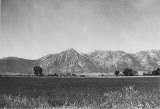
There was no established Lutheran church in the valley in the late 1800s, only missionary pastors who traveled here in the summer to baptize the babies that had been born and hold services in the various schools. For a time, one of the pastors lived with the Lampe’s until church elders bought a corner of the Lampe ranch (for $72) and a new church was built near what is now Lutheran Bridge.
By the 1930s, the ranch grew to 330-acres, including the purchase of the Elgin ranch on the other side of Highway 395 which included the largest barn in the valley. Wilhelm also owned the Hayford ranch lying along Highway 395 towards Carson City and he leased land at Lake Tahoe, driving the cattle up old Kingsbury Grade.
The ranch was originally a dairy farm with lots of hogs. As Germans, they had to have their sausages, hams, and bacon and the original smokehouse is still here on the homestead. They then added a chicken coop and had hundreds of chickens. In the late 1800’s butter, cream and eggs were sold locally and were taken by wagon to supply Bodie, CA and Virginia City, NV. It took 3 weeks each way to make the Bodie trip, with the food on ice blocks and men camping out along the way. The milk went to the Waterloo creamery with the skim milk used to fatten the hogs.
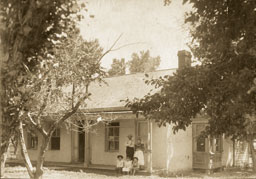
To further diversify, Wilhelm bought beef cattle and sheep and pastured other ranchers’ cattle. He created an operation to haul fattened pigs from the Waterloo Creamery to Carson City for slaughter. And lastly, he created a successful ice business, supplying local saloons, restaurants, other ranches and even the ice cream parlor. He purchased ice cutting machinery, and men would cut various sized blocks from a huge pond in what is now Lampe Park, pack the blocks in sawdust and deliver to customers.
In the summer, there would be 15-20 ranch hands employed to cut and stack 3 crops of alfalfa hay. In the fall, they would harvest the wheat and barley. There is a restored bunkhouse here which was set up for 3 men. The rest slept in canvas tents in what is now our berry field. There was a 1-acre vegetable garden and orchard to the south of the house, which Marie tended alone, as she was convinced that the men would do things wrong.
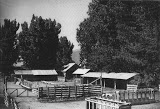
It was an awesome operation to observe. The women of the household were up at 4:00am to start cooking, the Swiss milker up at 4:30am to start milking the dairy cows, hired hands up at 5:00am to water and feed the horses, a giant breakfast at 6:00am with eggs, pancakes, sausages, bacon, ham, mush and toast all laid out. Then the men harnessed the horses and heading for the fields before 7:00am. The men were summoned to lunch by a big dinner bell on the roof at noon and then back to the fields until 5:00pm when all the animals were watered and fed, and supper was served at 6:00pm. Somehow, with all of this activity, Maria sat in her plant-filled window seat and read the Bible every afternoon.
In 1922, Wilhelm and Marie sold the ranch to their son Bill, who operated the ranch until the 1970s. Bill was a handsome eligible bachelor, a man about town who often squired ladies to social occasions. Although childless, he served on the school board for 17 years, was an active member of Kiwanis, and served on other community service organizations. He finally married at age 59 to a school teacher from Genoa. They began selling off the land in the 1960s, and he lived on the homestead until he died at age 98.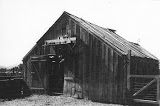
Flash forward to 2002 – 9-11 had happened and like everyone, we were deeply shaken. We decided to find a second home that would become a gathering place for family and friends. We had traveled through the Carson Valley for 20+ years, and always loved the beauty of the land and the friendliness of people we met. We focused here and found and offered on this property within a month. It’s everything we intended it to be as a gathering place and we love to share it with people like you.
About Jacobs Family Berry Farm
Our farm is a busy place – growing luscious blackberries and raspberries for sale on the farm as well as to restaurants. We also provide venues for special occasions like weddings, family reunions, and corporate events. Spacious lawns and flower beds provide a beautiful backdrop for a variety of events – country chic at its best.
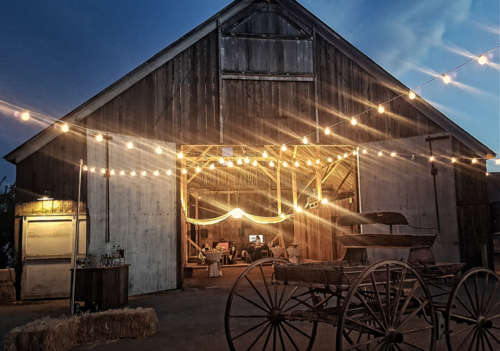
Jacobs Family Berry Farm Historic Barn
